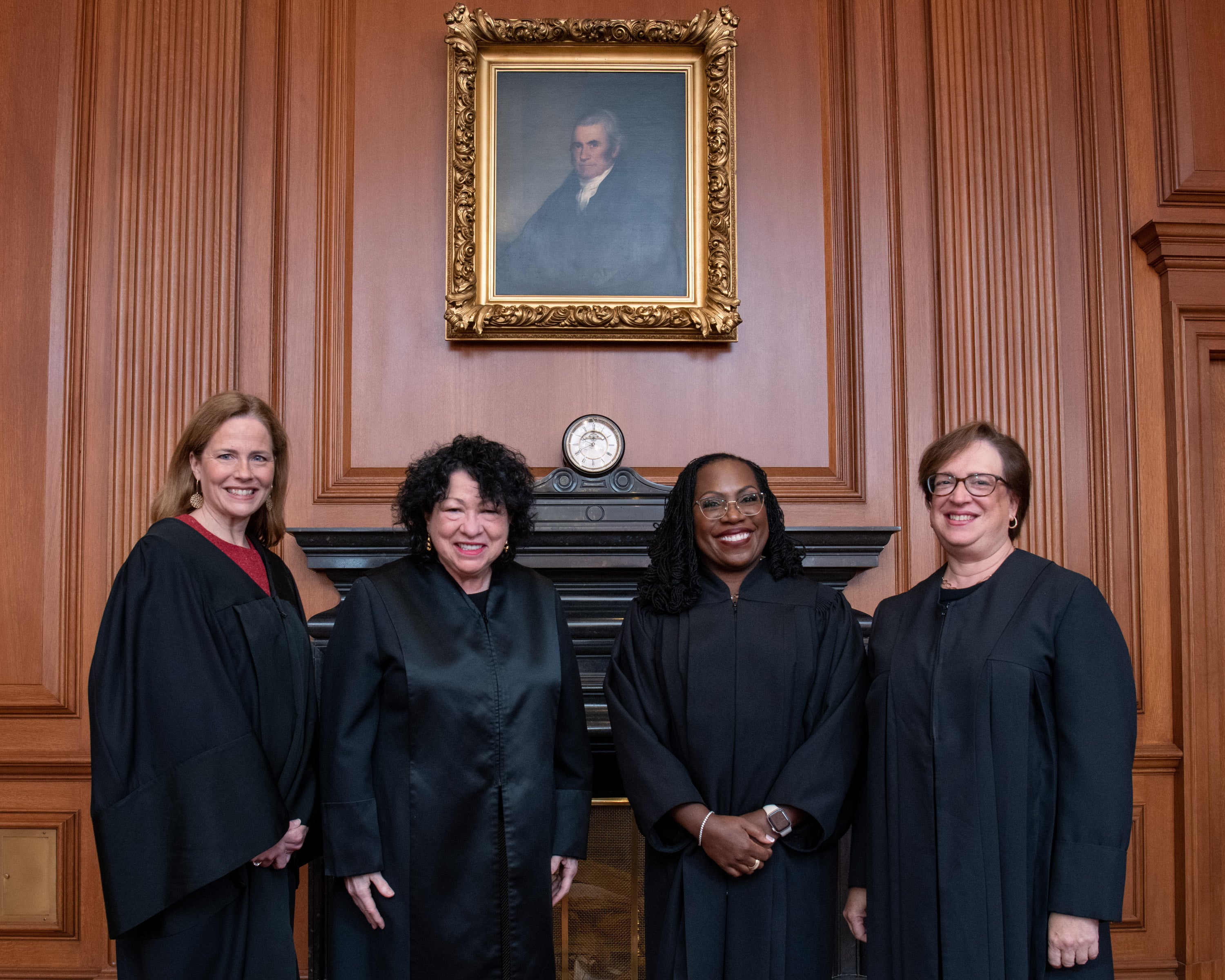
Justice Clarence Thomas failed to disclose two trips — which hadn’t been publicly reported — paid for by a billionaire Republican donor, a new Congressional report reveals.
In the wake of ProPublica’s explosive 2023 report into Thomas’ failures to disclose his ties to wealthy donor Harlan Crow, Democrats on the Senate Judiciary Committee conducted a 20-month investigation into the ethics challenges at the Supreme Court.
The report — spanning 97 pages plus 824 pages of supporting documents — was released Saturday, detailing two additional trips paid for by Crow that Thomas hadn’t previously disclosed. More broadly, the report also captured an array of conflicts of interest and undisclosed gifts by justices, prompting the panel to recommend the nation’s highest court establish an enforceable code of conduct.
Both 2021 trips had not been reported publicly before.
In July, Crow flew Thomas from Omaha, Nebraska, to Saranac, New York, on his private jet and hosted him at Camp Topridge, Crow’s 105-acre property in the Adirondacks. The second occurred months later in October, when Crow flew Thomas roundtrip from Washington, D.C. to New Jersey for the dedication of a statue. The conservative justice stayed with the billionaire in New York on his yacht, the report says.
These trips were revealed in a letter from Crow to the committee.
The additional trips fell in a long list of other luxury gifts, accommodations and modes of travel from 1992 through 2023 that Thomas had received from Crow and others had been previously made public.
“The value of these gifts is difficult to calculate, particularly because the majority of luxury travel Justice Thomas has accepted over the last two decades remains undisclosed, but some estimates place the value over $4.75 million,” the report states.
Beyond Thomas, the report also dove into the 258 trips that late Justice Antonin Scalia took without reporting them in financial disclosures — “in contravention of federal law.” The late conservative justice “established” the practice of accepting lavish gifts without disclosing them and took more subsidized trips than any other justice, the Democratic staff members said.
Justice Samuel Alito also didn’t disclose a fishing trip he took to Alaska in 2008, the report said. This trip, which had previously been reported by ProPublica in 2023, included flying roundtrip on a private jet and lodging, the committee said.
Before ProPublica publicized its article, Alito penned an op-ed in the Wall Street Journal denying any wrongdoing.
While the Judiciary Committee report lists “questionable conduct regarding gifts and use of office” by Justices Sonia Sotomayor and Neil Gorsuch as well as former Justice Ruth Bader Ginsburg, the awards or gifts they accepted were at least partially disclosed, the report says, placing Alito, Thomas, and Scalia in a different category.

“Scrutiny of partially or fully gifted trips taken by any justice allows for a proper accounting of whether those entrusted with immense power have conflicts of interest or other forms of bias,” the Democratic staff members wrote. “This is why the gifts Justices Alito, Scalia, and Thomas have chosen not to disclose are a distinct problem; they are hiding this conduct and consequently their potential conflicts of interest and biases —from proper scrutiny.”
The committee renewed lawmakers’ call for an enforceable code of ethics.
“Whether failing to disclose lavish gifts or failing to recuse from cases with apparent conflicts of interest, it’s clear that the justices are losing the trust of the American people at the hands of a gaggle of fawning billionaires,” Senate Judiciary Committee chair Dick Durbin said in a statement following the report’s release.
“The highest court in the land can’t have the lowest ethical standards. So long as Chief Justice Roberts and the Judicial Conference refuse to act, we must push for a legislative solution to this crisis to restore trust in the highest court,” the Illinois Democrat continued.
In November 2023, months after ProPublica investigation, the Supreme Court released a code of conduct detailing the rules that justices should adhere to — but made no mention of how the code would be enforced or the consequences for violating the code.







